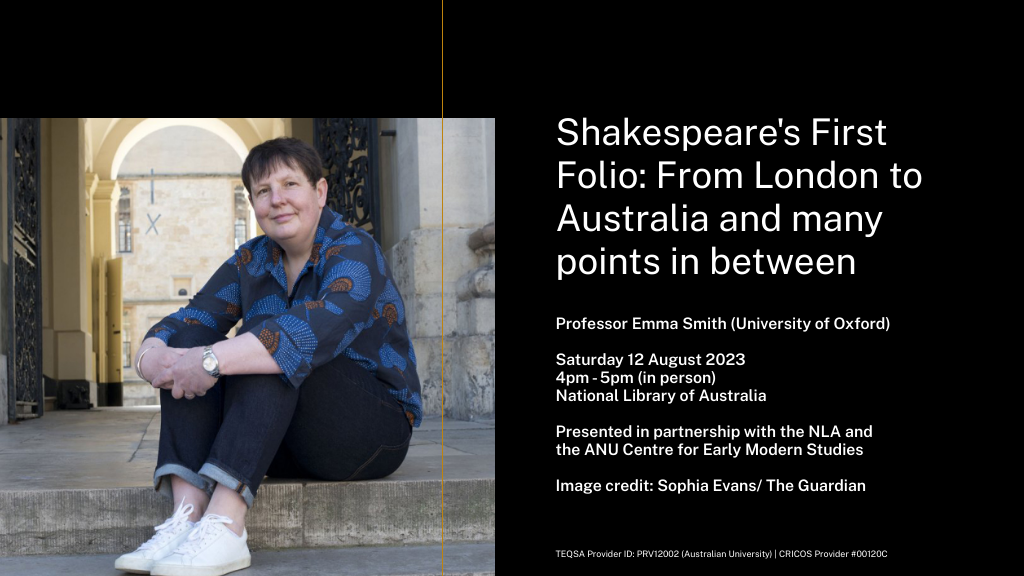Monday 13 November, 6.00-8.30pm
6.00-6.25pm: Guest arrival and registration
6.30-7.30pm: Bill Kent Memorial Lecture
7.30-8.30pm: Light refreshments will be provided
Venue: Monash Conference Centre, Level 7, 30 Collins Street, Melbourne
Associate Professor Nick Eckstein will speak on: Time and Space in Renaissance Florence (and the Mouse in Matteo Cavalcanti’s Underpants).
Nick Eckstein taught and researched for 22 years in the History Department at the University of Sydney, where he was Cassamarca Associate Professor of Italian Renaissance History. He is also former Deborah Loeb Brice fellow (1999-2000) and Visiting Professor (2003,2006) at The Harvard University Center for Italian Renaissance Studies at Villa I Tatti in Florence.
Nick’s research and publications emphasise the social and cultural history of renaissance and early-modern Italy. His articles and books include a major study reconstructing the changing social context and reception of Florentine art by lay audiences in the fifteenth century, Painted Glories: The Brancacci Chapel in Renaissance Florence (Yale University Press, 2014). More recently, he has published articles and chapters on the perception, utilisation and evolution of urban and rural space during periods of plague crisis in early-modern Italy, and has also been writing a book on this subject.
Registrations: Please ensure you have registered via the online registration form by Wednesday 8 November 2023.
For further details, see https://www.monash.edu/prato/alumni/bill-kent-memorial-lecture












